Notice
Appariement de graphes RDF (2)
- document 1 document 2 document 3
- niveau 1 niveau 2 niveau 3
Descriptif
Cette seconde séquence consacrée à l'appariement de graphes RDF, examine les opérateurs sur les motifs de graphes.
Intervention / Responsable scientifique
Thème
Documentation
Dans la même collection
-
Différentes formes de requêtes
GandonFabienFaronCatherineCorbyOlivierDans cette séquence, nous allons voir les différentes formes de requêtes proposées par le langage SPARQL. Jusqu'à présent, nous n'avons vu uniquement la forme SELECT / WHERE. Mais SPARQL offre trois
-
Appariement de graphes RDF (1)
GandonFabienFaronCatherineCorbyOlivierNous avons vu précédemment le langage RDF qui permet de représenter et d'échanger des données et des connaissances sur le Web. Nous allons maintenant étudier le langage de requêtes SPARQL qui permet d
-
Modification des bases RDF
GandonFabienFaronCatherineCorbyOlivierDans cette séquence, nous allons voir la partie modification des bases RDF. Cette partie du langage s'appelle SPARQL update et permet d'ajouter, retirer et charger des triplets RDF et également de
-
Pré et post traitements
GandonFabienFaronCatherineCorbyOlivierDans cette séquence nous allons voir des énoncés qui permette de préciser des pré et des posts traitements.
-
Formats et protocole de retours
GandonFabienFaronCatherineCorbyOlivierDans cette séquence, nous allons voir les formats de résultats et les protocoles qui permettent d'utiliser SPARQL sur Internet.
-
Filtres, contraintes et fonctions
GandonFabienFaronCatherineCorbyOlivierDans cette séquence nous allons voir les filtres, les contraintes et les fonctions du langage de requête SPARQL.
-
Démos autour de SPARQL
GandonFabienFaronCatherineCorbyOlivierInterroger DBpedia.fr en SPARQL Dans cette démonstration, nous retournons sur DBpedia mais, cette fois, nous utilisons son point d’accès SPARQL pour extraire précisément les données qui nous
Avec les mêmes intervenants et intervenantes
-
2. A Triple Model and a Graph Model
GandonFabienFaronCatherineCorbyOlivierThis sequence will introduce the principles of the RDF model. We will see that it is a triple model and a graph model. RDF stands for
-
4. Pre and Post Processing
GandonFabienFaronCatherineCorbyOlivierIn the fourth part, we will see the pre and post processing of a SPARQL query. An RDF dataset is composed of a default graph
-
6. LDP : a REST API to linked data
GandonFabienFaronCatherineCorbyOlivierThis part is about the Linked Data Platform standard which provides the REST API to link data. This is a set of standardized HTTP and RDF
-
Demos about The RDF Data Model
GandonFabienFaronCatherineCorbyOlivierValidating and translating RDF data The W3C RDF validation service checks the validity of RDF statements in the RDF/XML syntax and, in the case where these statements are valid, it displays
-
1. Historical Introduction to the Web Architecture
GandonFabienFaronCatherineCorbyOlivierGoing back in history, back in 1945, Vannevar Bush wrote an article entitled "As we may think". In this article, he
-
5. Representing groups
GandonFabienFaronCatherineCorbyOlivierThis sequence is about the specificities of the RDF model for representing groups. The type Bag is predefined in the RDF model to represent
-
2. GRDDL: extract RDF from X(HT)ML
GandonFabienFaronCatherineCorbyOlivierGRDDL is a mechanism to extract RDF from XML and HTML.
-
Demos about a Web of Linked data
GandonFabienFaronCatherineCorbyOlivierThe BBC Web site uses linked (open) data The Wildlife documentary catalog on the Web site of BBC The Web site of BBC is structured and augmented with both internal and public linked data. In
-
5. Stack of Standards and Languages
GandonFabienFaronCatherineCorbyOlivierLet us now conclude this first part with an overview of the stack of standards and languages that are used to publish data on the
-
2. Statements
GandonFabienFaronCatherineCorbyOlivierThis video présents the SPARQL Statements. The first statement is the optional pattern. It enables to specify a part of a graph pattern that is
-
4. Tabular data and metadata (CSV)
GandonFabienFaronCatherineCorbyOlivierWe are going to see how we can transform tabular data and metadata into RDF. These data are extremely common; they are generated by
-
3. Serialization Syntaxes
GandonFabienFaronCatherineCorbyOlivierWe saw in the previous sequence the principles of the RDF model by using an abstract syntax. This sequence will present you the
Sur le même thème
-
Participation et citoyenneté en régime numérique : vers de nouvelles dynamiques de recherche ? Vidé…
BoutéÉdouardMabiClémentLupoviciRaphaëlMichelLouiseDilé-ToustouJulesAubertRomainMobilisées en politique depuis plusieurs décennies (Vedel, 2006), les technologies de l’information et de la communication numérique (TICN), et notamment internet et le web connaissent au tournant des
-
Participation et citoyenneté en régime numérique : vers de nouvelles dynamiques de recherche ? Vide…
BoutéÉdouardDespontin LefèvreIrèneMabiClémentLupoviciRaphaëlMichelLouiseMobilisées en politique depuis plusieurs décennies (Vedel, 2006), les technologies de l’information et de la communication numérique (TICN), et notamment internet et le web connaissent au tournant des
-
L'art contemporain en temps de confinement
GirelSylviaLe 14 mars 2020 tous les lieux d’exposition sont sommés par décret de fermer leurs portes. L’art contemporain n’y échappe pas et comme la majorité des secteurs d’activités en France ce sera plusieurs
-
Controverses et médiatisation autour du halal
RigoniIsabelleSéance : Controverses et médiatisation " Vous avez dit halal ? " Normativités islamiques, mondialisation et sécularisation Colloque international, 7-8 novembre 2013, IISMM-EHESS, Salle Claude Lévi
-
Contourner la frontière par la toile. La fabrique d’un territoire communautaire par les nouvelles t…
MerzaEleonorePalestiniens et Israéliens deux décennies après Oslo : anatomie, vécus et mouvements d'une séparation Colloque du 17, 18 et 19 Février 2011, Maison méditerranéenne des sciences de l'homme, Aix-en
-
-
[COLLOQUE] Festival de l’intelligence artificielle Avignon 2021 table ronde 1
FESTIVAL de L’intelligence Artificielle le 18 et 19 Novembre 2021
-
[COLLOQUE] Festival de l’intelligence artificielle Avignon 2021 - Les assistants personnels vocaux,…
FESTIVAL de L’intelligence Artificielle le 18 et 19 Novembre 2021. Table ronde 3. Les assistants personnels vocaux, généralistes ou spécifiques ? Jusqu’où personnaliser les services ?
-
[COLLOQUE] Festival de l’intelligence artificielle Avignon 2021 introduction
FESTIVAL de L’intelligence Artificielle le 18 et 19 Novembre2021
-
-
[COLLOQUE] FrenchTech Grande Provence and LIAvignon : L’IA de demain 2em partie
L’IA doit être éthique mais peut-elle être bienveillante ?
-
[COLLOQUE] Festival de l’intelligence artificielle Avignon 2021 table ronde 2
FESTIVAL de L’intelligence Artificielle le 18 et 19 Novembre 2021














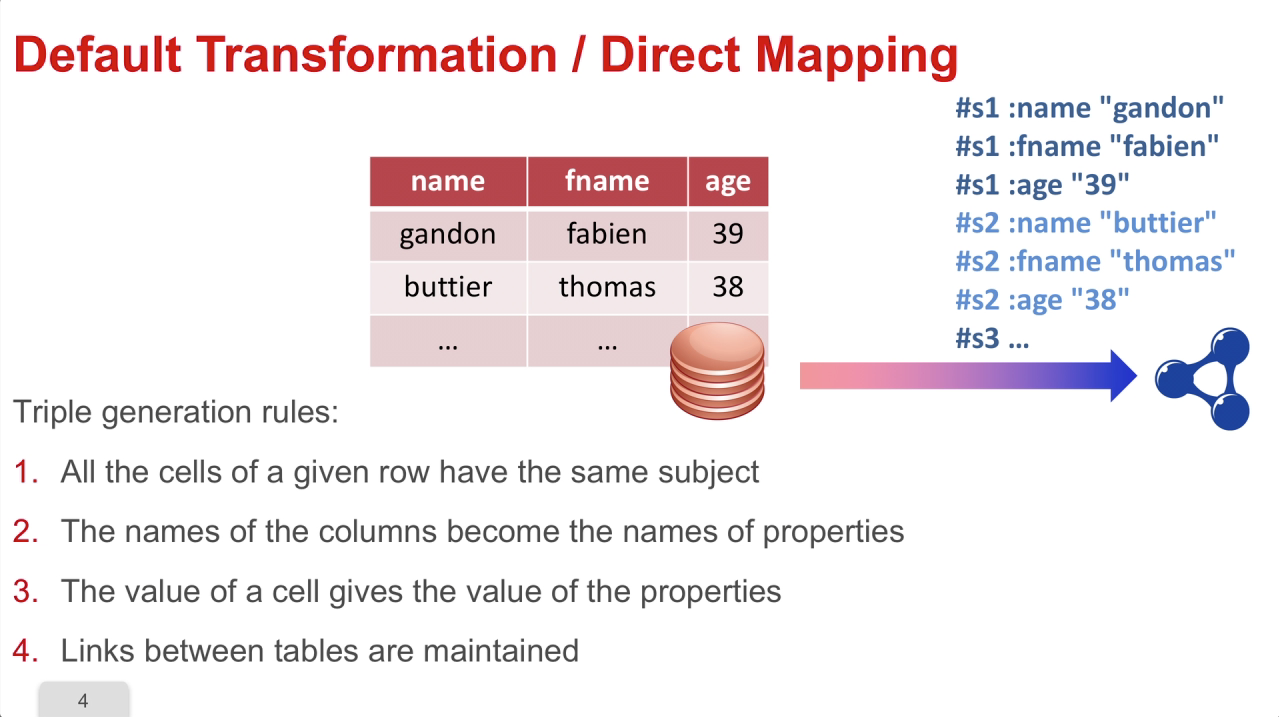

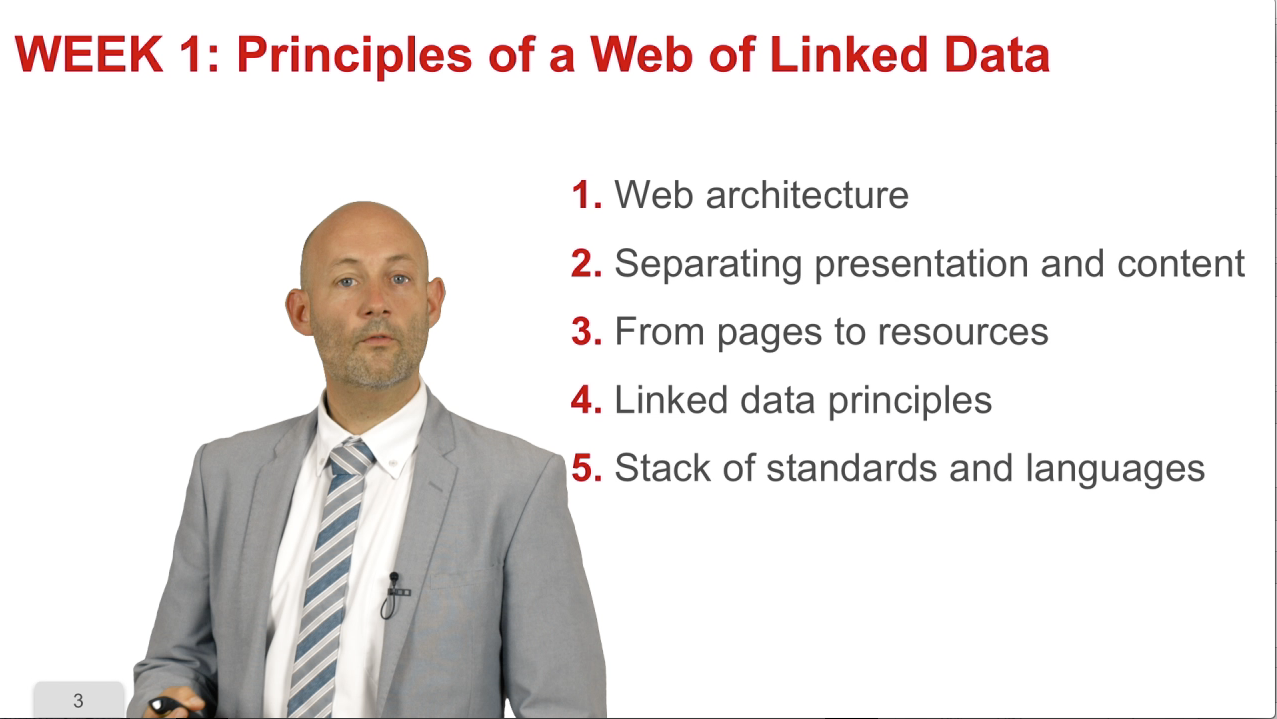

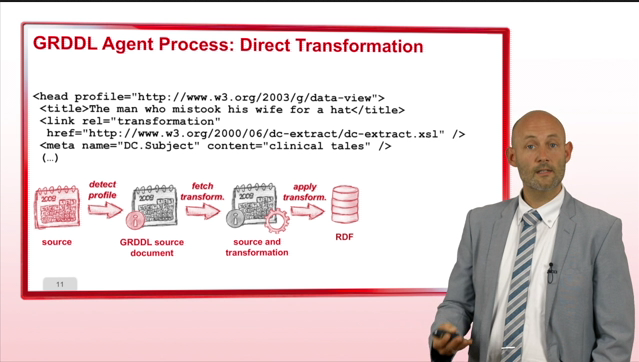
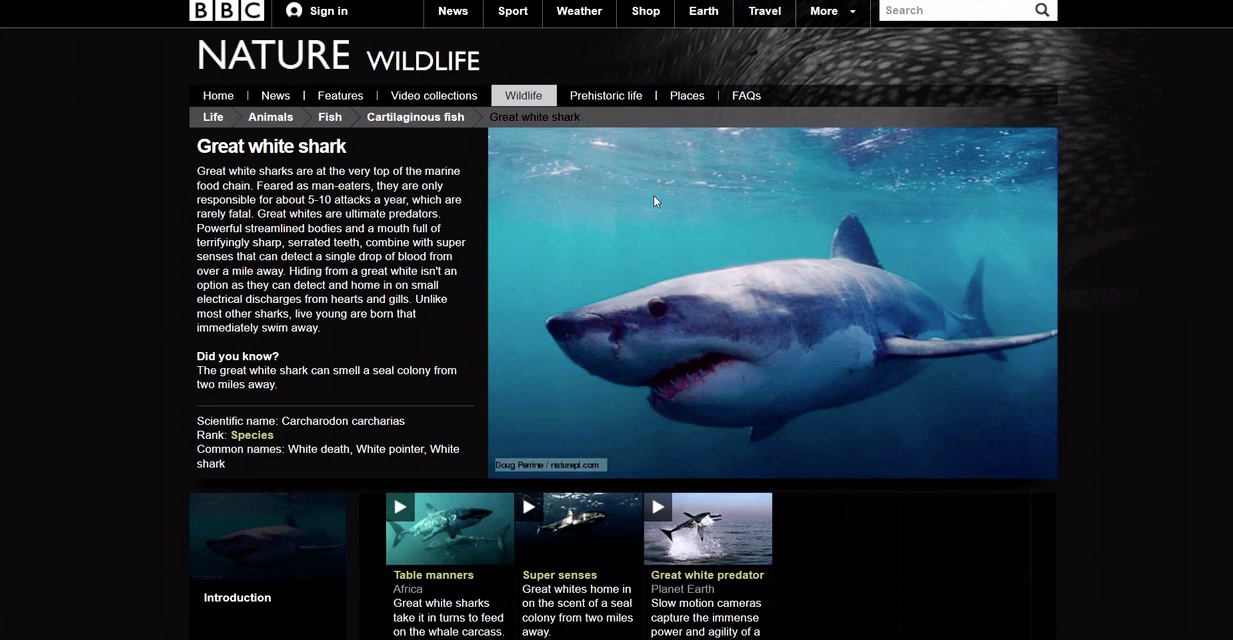
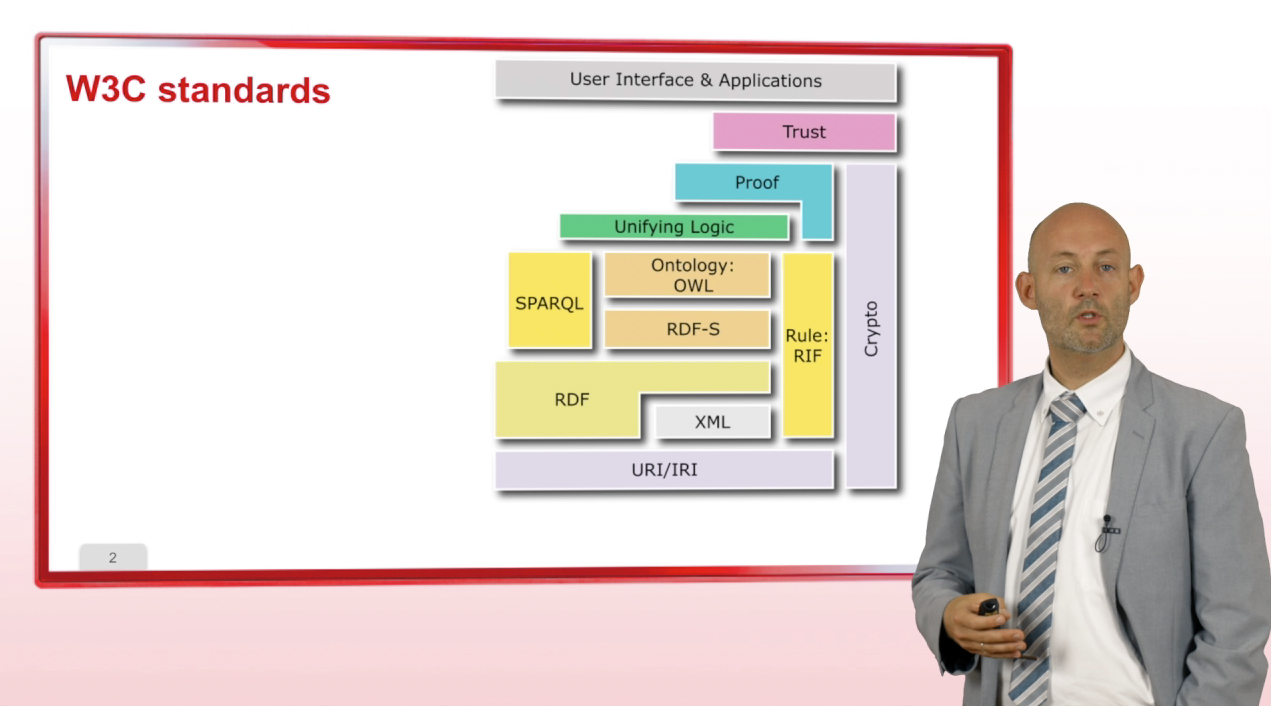



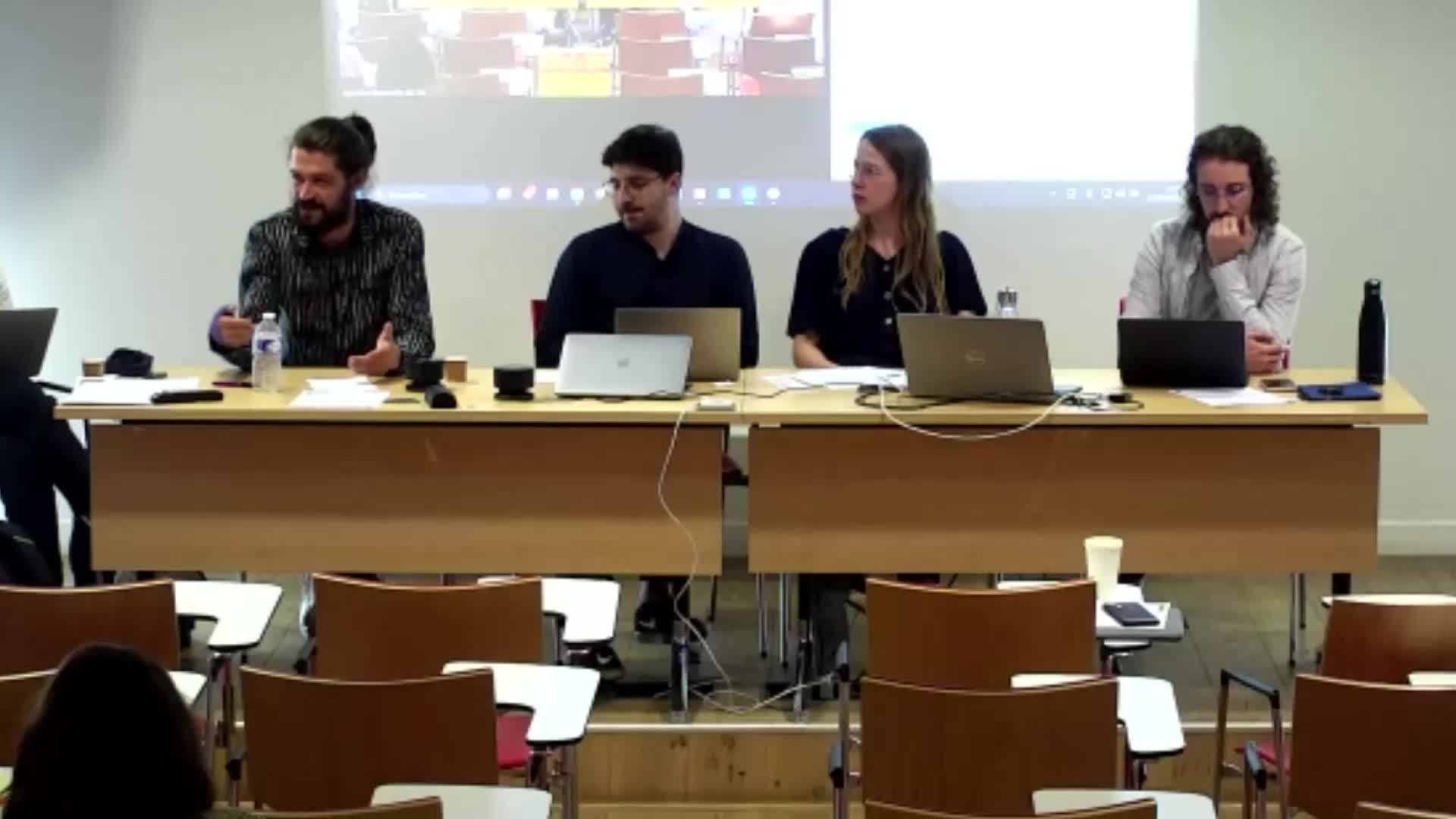
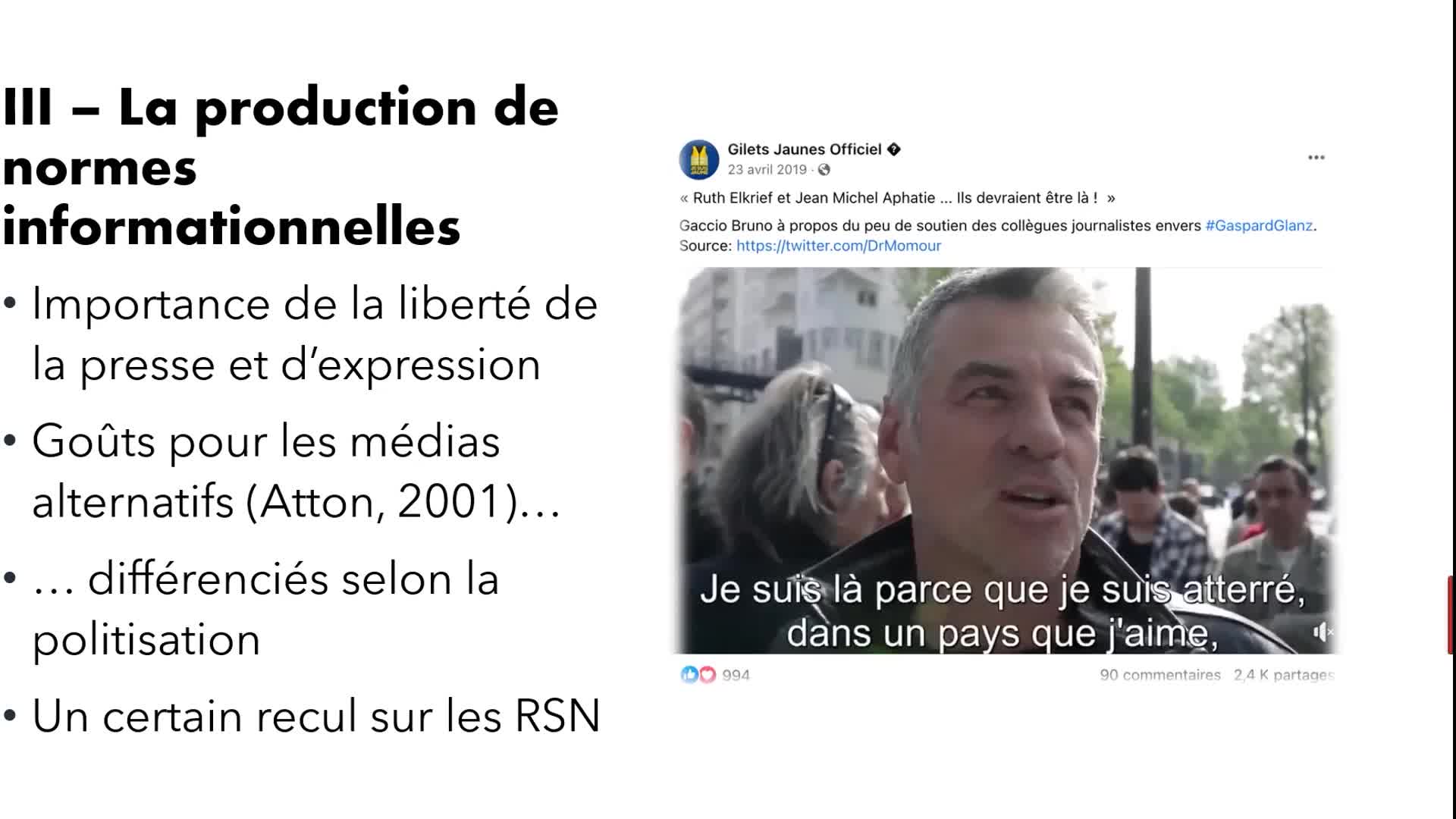
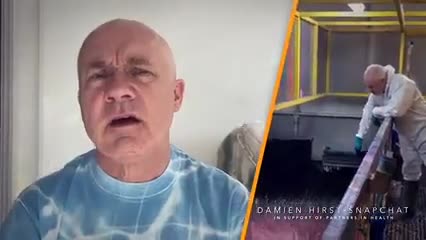

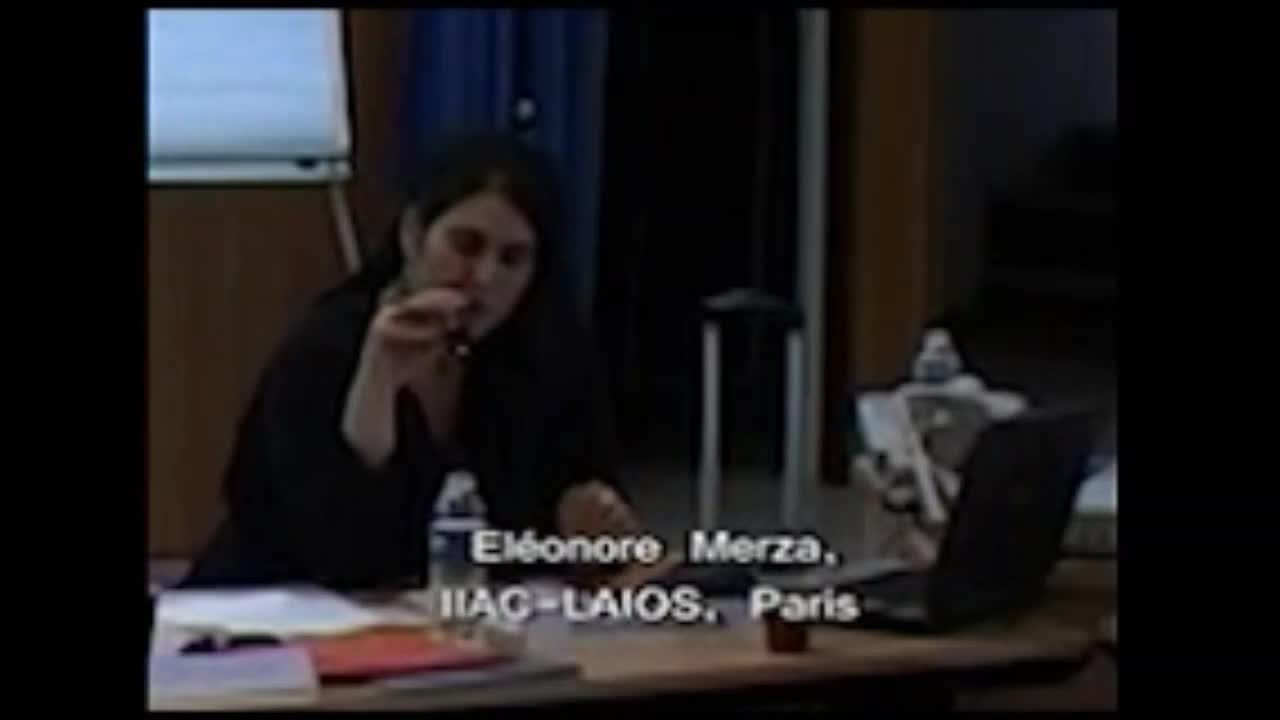
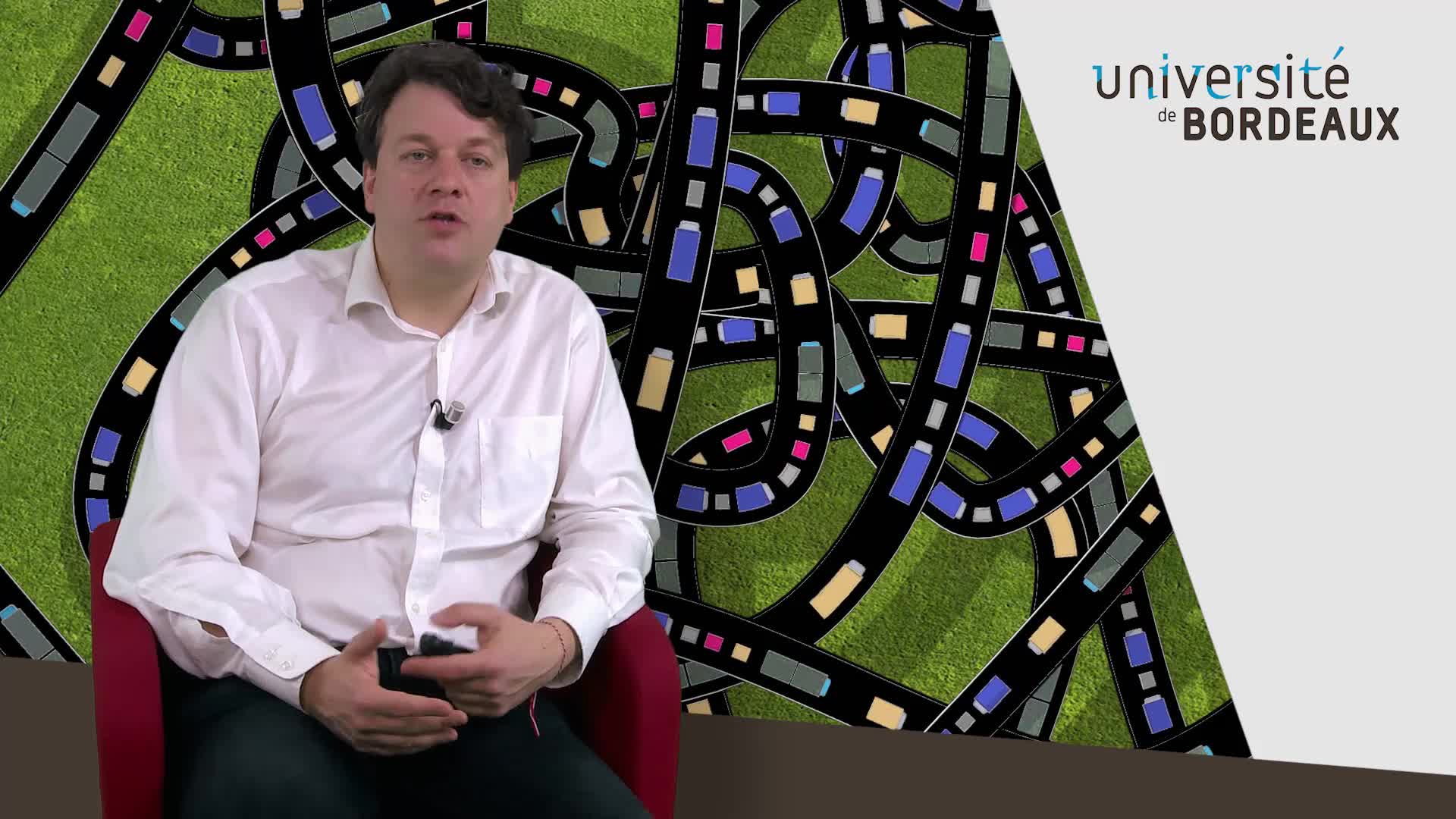
![[COLLOQUE] Festival de l’intelligence artificielle Avignon 2021 table ronde 1](https://vod.canal-u.tv/videos/media/images/universite_d_avignon_et_des_pays_de_vaucluse/.colloque.festival.de.l.intelligence.artificielle.avignon.2021_64135/vignette.jpg)
![[COLLOQUE] Festival de l’intelligence artificielle Avignon 2021 table ronde 3](https://vod.canal-u.tv/videos/media/images/universite_d_avignon_et_des_pays_de_vaucluse/.colloque.festival.de.l.intelligence.artificielle.avignon.2021.table.ronde.3_64809/vignette.jpg)
![[COLLOQUE] Festival de l’intelligence artificielle Avignon 2021 introduction](https://vod.canal-u.tv/videos/media/images/universite_d_avignon_et_des_pays_de_vaucluse/.colloque.festival.de.l.intelligence.artificielle.avignon.2021.introduction_64815/vignette.jpg)
![[COLLOQUE] Festival de l’intelligence artificielle Avignon 2021 Présentation de La chaire LIA Avignon](https://vod.canal-u.tv/videos/media/images/universite_d_avignon_et_des_pays_de_vaucluse/.colloque.festival.de.l.intelligence.artificielle.avignon.2021.presentation.de.la.chaire.lia.avignon_64811/vignette.jpg)
![[COLLOQUE] FrenchTech Grande Provence & LIAvignon : L’IA de demain 2em partie](https://vod.canal-u.tv/videos/media/images/universite_d_avignon_et_des_pays_de_vaucluse/.colloque.frenchtech.grande.provence.liavignon.l.ia.de.demain.2em.partie_64819/vignette.jpg)
![[COLLOQUE] Festival de l’intelligence artificielle Avignon 2021 table ronde 2](https://vod.canal-u.tv/videos/media/images/universite_d_avignon_et_des_pays_de_vaucluse/.colloque.festival.de.l.intelligence.artificielle.avignon.2021.table.ronde.2_64807/vignette.jpg)